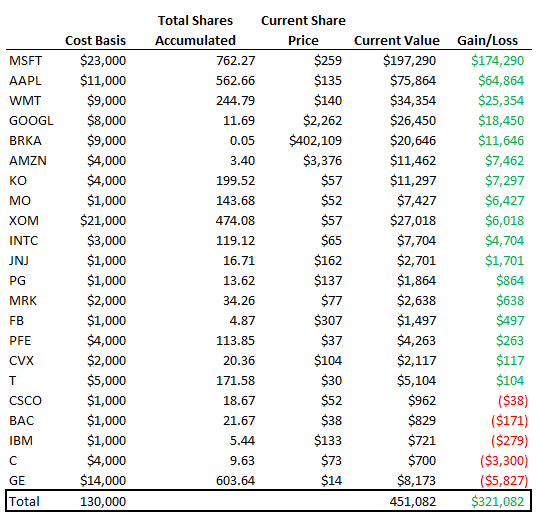
After reading/listening to a lot of investors describe their investment process, I want to share an anecdote⬇️
When I was on the sell-side, I had a client. We will call him John. John had all the right credentials and worked for a well known hedge fund when i met him. He was pretty well liked in the industry.
John had an investment process which he called "The Playbook". He worked at a pod shop so the process was heavily focused on positioning around quarterly earnings.
It had a lot of details on things like analyzing consensus numbers, picking stocks where numbers were scattered or missing key news, how far ahead of qtrly earnings previews you needed to start calling analysts to influence them before they changed their estimates, etc
It was also replete with literal quotes from sports legends. Each chapter would have a relevant sports quote.
Despite this highly detailed playbook, John's performance didn't actually seem that great. He would be at a shop for about 2 years, blow up, and then end up at another shop. He repeated this several times and is still repeating this pattern to this day.
I always wondered how he could keep getting jobs as a PM when he kept bombing. Turns out, investment committees/hiring teams looooooved "The Playbook". His actual results mattered less than the fact that he had a super detailed plan for how to invest.
I'm often reminded of this phenomenon when i hear managers talk about their "process". The biggest illusion in the investment industry is the "meritocracy of returns" aka the belief that performance is what matters and if you simply put up awesome numbers you're bound to win
I'm not the first to say this but getting a job in investing is way more about signalling than skills. Investing is typically a highly undifferentiated product, most managers simply end up owning the same 30-50 stocks as everyone else. So how do you charge 2/20 for that?
The answer is that you convince the client that you are worthy of their capital because you have a "process" that is the "secret sauce" and is better than everyone else's.
I'm writing this thread because i've had lots of people ask me about my process for finding investments, or reference a famous fintwitter/HF managers process as proof of superior thinking. What i'm trying to say is: beware
I'm not saying that having a process is bad. I absolutely think every investor should have "guardrails" to protect them from making bad decisions.
What i'm saying is, you should view professional investors or fintwitters talking about their process more in the light of "marketing material" than actual advice for you to take and apply. This includes me by the way. Don't follow my "process".
I've spoken to a few new/amateur investors who seemed disheartened when they hear a famous manager describe a complex process as the reason for their success. Amateurs (including a younger version of myself) read way too much into it
The fact is you'll develop your own process as you progress and make mistakes. Don't worry that you aren't doing complex data mining and CIA-interrogation-level scuttlebutt using 1000's of insider contacts or whatever pro's say they do
My guess is the investors who say they do those things probably aren't doing them either (it's all marketing!). But even if they are, it's not relevant to you as an amateur, you can do plenty of things a pro can't do (like buy and hold)
So, my advice to the amateurs out there, stop taking advice on "process" from pro's. They don't have the same mandate as you and your goals aren't the same. They're trying to stay employed, you're trying to compound your capital. Focus on how to do that better and you'll be fine.
• • •
Missing some Tweet in this thread? You can try to
force a refresh




